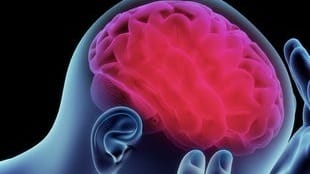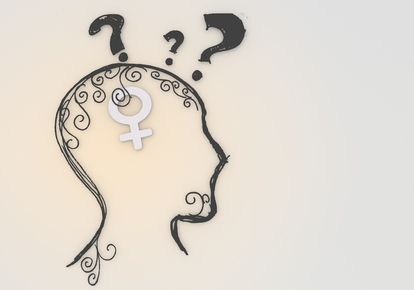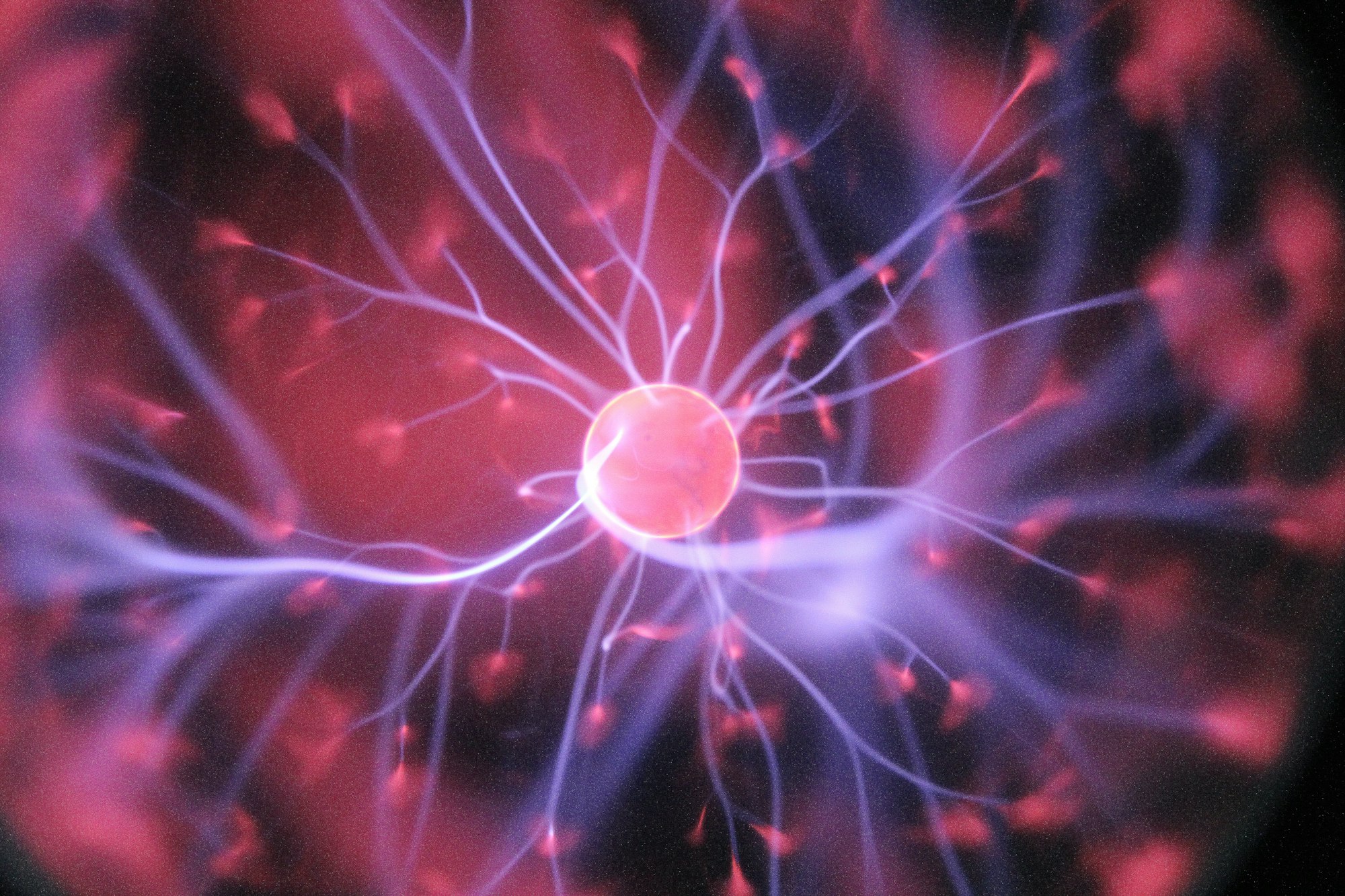Vascular Dementia Symptoms
Learn about the different types of vascular dementia, including multi-infarct dementia and Binswanger's disease, and their symptoms such as memory loss, difficulty with daily tasks, and psychomotor slowness.

What is Vascular Dementia?
Blood vessels damaged by cholesterol accumulation or stroke often cause vascular dementia symptoms due to restricted blood flow to the brain. Blood contains oxygen and nutrients that are essential to brain cell health and normal brain functioning; without it, we quickly lose the ability to think, speak, remember and accurately process external stimuli. People suffering from vascular dementia also experience degraded motor skills and may find it increasingly difficult to use their hands and walk.
The most common causes of vascular dementia are:
- Small strokes occurring over time (also called multi-infarct dementia)
- Hypertension that is not properly controlled
- Arrhythmias (abnormal heart rhythms)
- Atheriosclerosis
- Binswanger's disease (subcortical dementia)
- Systemic lupus
According to the article "Subcortical dementia" written by Dr. Mark Turner et al and published in a 2002 edition of the British Journal of Psychiatry, subcortical dementia exhibits lesions similar to Alzheimer's but affecting different areas of the brain, specifically the cerebellum, basal ganglia and the brainstem. The vascular dementia symptoms presented in subcortical dementias tend to emphasize personality and behavioral changes (especially irritability, depression and apathy) rather than to disruptions of memory and attention, which are frequently observed in Alzheimer's disease.
Subcortical Dementia vs Cortical Dementia
Individuals with Huntington's and Parkinson's disease often suffer from subcortical dementia, with nearly half of patients experiencing psychotic illness, hallucinations and mania. This is due to the affected areas being associated with producing symptoms defining schizophrenia, Tourette's, addictive behavior and obsessive-compulsive disorder.
Binswanger's disease was once thought to be a rare disorder but is not receiving a second look by researchers who think it may actually be a form of subcortical vascular dementia. Damage occurs when white brain matter is affected by blood loss because of atherosclerosis. "White matter" is another term for the brain and its primary composition of myelinated axons and glial cells. Although the brain is naturally pinkish-white in color, it turns mostly white when preserved in formaldehyde.

Symptoms of this type of vascular dementia involve executive cognitive functioning, specifically mood, behavior, short-term memory, attention, organization and decision-making. A key trait of people suffering from Binswanger's is psychomotor slowness. Writing, turning doorknobs, grasping items and general clumsiness are all hallmark features of dementia types related to subcortical dementia and Binswanger's disease.
Vascular Dementia Symptoms with Multi-infarct Dementia
These symptoms represent classic signs of dementia that include:
- Loss of memory, especially working and short term memory
- Inability to learn or remember how to do everyday tasks
- Loss of focus, attention and planning skills
- Forgetting names, words and faces
- Reduced range of motion
Specifically, an "infarct" occurs when any area of the body experiences reduced blood flow and irreversible damage. When an infarct happens within the brain, it is medically referred to as a "stroke". When a person suffers a stroke on the left side of the brain, he or she will develop problems with language and memory. However, strokes affecting either side of the brain can impair coordination and recognition skills.
Transient Ischemic Attacks
Temporary vascular dementia symptoms can happen when medical conditions such as atherosclerosis, diabetes, or hypertension create an embolism in a brain artery. Cigarette smoking, migraines, excessive alcohol consumption having a family history of TIAs or strokes increases the risk of someone suffering a TIA. Signs that you may be experiencing a TIA include numbness and/or paralysis of one side of the body, sudden migrain, blurry vision, impaired cognition and severe dizziness.
Receiving treatment as soon as possible can prevent irreparable damage caused by transient ischemic attacks. Administration of thrombolytic ("clot-busting") drugs such as Retavase and Activase within one to two hours of the attack can dissolve clots and reduce the severity of the damage, if any.
Testing for Vascular Dementia
Once vascular dementia symptoms are observable and having a negative affect on someone's quality of life, doctors will perform a series of tests to determine if a stroke has occurred or another condition exists. A diagnosis of vascular dementia requires:
- Complete blood testing--includes cholesterol, thyroid, vitamin deficiencies and diabetes
- Electrocardiograph readings
- Motor skills testing
- MRI and/or CT scans
- Psychological assessment
Treatment Plans
Understanding what is vascular dementia in contrast to Alzheimer's disease can help family members who are coping with a loved one suffering from vascular dementia symptoms develop the best treatment plan possible. Because it is damage to blood vessels rather than damage to brain cells that is causing the dementia, Alzheimer's medications are not applicable to relieving vascular dementia.
Instead, a treatment plan consisting of blood pressure regulation, reducing cholesterol levels by eating healthy foods and exercising, taking aspirin daily if prescribed and addressing psychological symptoms with appropriate medication are the best ways to alleviate vascular dementia symptoms.Developing a person centered care profile is recommended.
Our Resources section can help you find the information and tools that you need. We have courses, videos, checklists, guidebooks, cheat sheets, how-to guides and more.
You can get started by clicking on the link below. We know that taking care of a loved one is hard work, but with our help you can get the support that you need.
Click here to go to Resources Section now!
Sources
http://bjp.rcpsych.org/content/180/2/148.full
You might also like this article:











